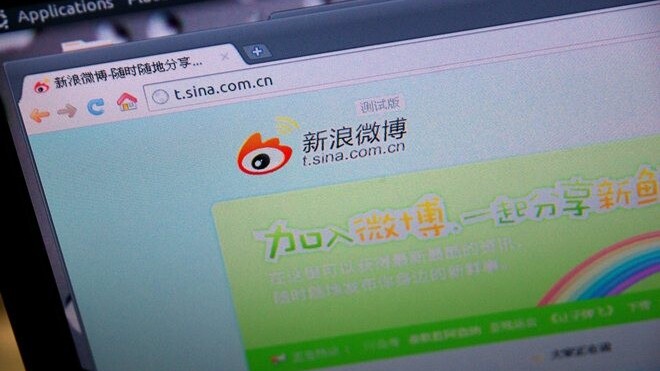
New research from HP Labs Social Computing Research Group has suggested that the spam problem on China’s Sina Weibo, the closest thing to Twitter (which is banned in the country), may be greater than anyone had anticipated as half of all retweets around trending topics are sent by fake users.
The report, reported by Penn Olson, is the first of its kind as it analysed the top trends on the service for 30 days to find more details about how trending topics rise and decline on the system.
The report concludes that “retweets play a greater role in Sina Weibo than on Twitter” as high volumes of retweets directly correlate to topics going on to trend on the service. A big part of that difference between the two is down to Twitter, which has consistently tweaked its engine to favour breaking news (burst of tweets) over conversational topics that generate large volumes of tweets of sustained periods of time.
While they delved into more detail on Weibo retweets, the researchers stumbled across a huge amount of manipulation of retweets:
We observe that many of the trending keywords in Sina Weibo are heavily manipulated and controlled by certain fraudulent accounts that are setup for this purpose. We found significant evidence suggesting that a large percentage of trends in Sina Weibo are actually due to artificial inflation by these fake users, thus making certain posts trend and be more visible to other users.
While just over 1 percent of the users identified were spammers, they were responsible for a staggring 49 percent of all retweets, or 32 percent of the total tweets relating to a trending topic. Interestingly, according to the report, when the tweets from spammers were removed from the equation, trending topics on Sina Weibo rose and disappeared in “the same persistent process as Twitter”.
The report comes just days after Sina announced that its Weibo smashed Twitter’s own tweets per second record, seeing 32,312 messages per second over Chinese New Year. While there is no doubt that microblogging is huge in China, having increased by 296 percent in the country last year, spammers may well have helped increased the figure during New Year celebrations.
China’s is trialling its upcoming real-name regulation, which will force Chinese microbloggers to verify their accounts with their official identification documents. There are fears that this may impact upon users’ freedom of speech, but it is also likely to clean up the vast numbers of spam accounts on Sina Weibo and its rival Tencent Weibo, which have a combined 550 million registered users.
The full research report can be found in this PDF.
[Image via Flickr user smurfmatic]
Get the TNW newsletter
Get the most important tech news in your inbox each week.





